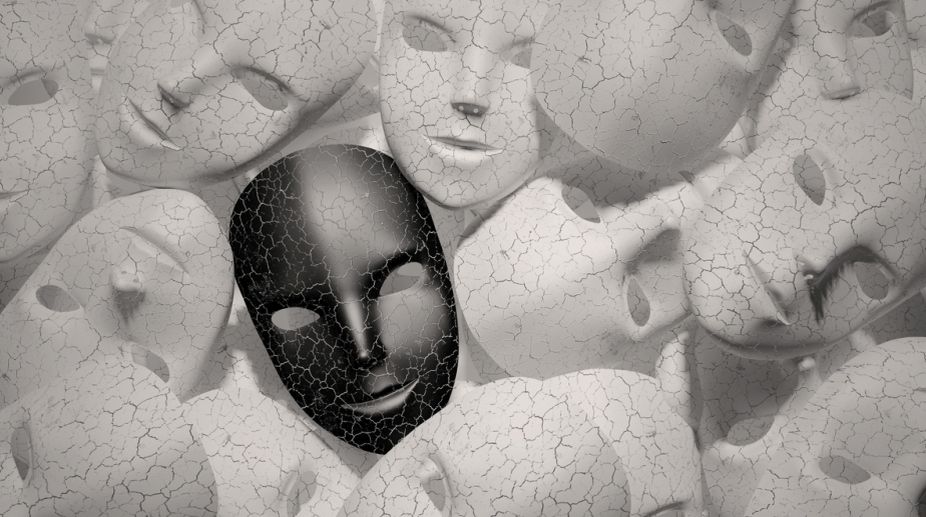Book: Traitor (Translation of Krishan Chander’s classic Urdu novel Ghaddaar)
Translator: Rakhshanda Jalil
Advertisement
Publisher: Tranquebar
Press by Westland
Pages: 107;
Price: Rs 250 (Also available as an ebook)
Krishan Chander’s ‘Ghaddaar’ is set against the backdrop of the bloodshed that followed the partition of India into two countries in 1947. Reading Rakhshanda Jalil’s ‘Traitor’ makes one realise that the bestial hatred and revenge that set the stage for the massacre of million’s of innocent people in 1947 continues to threaten our claims of a civilised nation. The serpent still lives within the present times and this makes the book an interesting read.
“No monster can be more barbarous than the mob, which assumes the name and mask of the people” — Cicero’s words in ‘Dream of Scipio’ haunted the frenzied rioters of the partition and these rioters in different shades, in the present times, continue to threaten our existence.
Krishan Chander’s protagonist, Bhaijnath, is a married Brahmin in love with Shadaan, an unmarried Muslim girl during a period when the flames of religious conflagration were out to destroy anything even remotely connected with sense and sensibility.
As a ‘Ghaddaar’, the traitor who betrays his race, religion and groups that are out to rape and murder followers of each other’s faith, Bhaijnath stands out as an aberration in the flood of blood and fury that surrounds him.
From Vala village in today’s Pakistan where Bhaijnath’s family of landlords lived comfortably with Muslim peasants who tilled their land, the journey to safety across the newly marked border shatters Bhaijnath’s love and his belief in the goodness of humankind.
Blood-thirsty mobs plunder, rape and murder fellow beings who lived peacefully across faiths till the country’s division was announced, triggering the migration of Hindus and Sikhs to India and Muslims to Pakistan.
Fear of dishonour and death forces fathers to kill children and husbands to stab wives as the younger generations leave behind their old and infirm elders to be butchered by frenzied communal mobs.
Bhaijnath’s journey across the Ravi river into Indian territory takes him to physical safety, but only after he has lost all his values, beliefs and morals. He finds similar mayhem on this side of the border as he fails to understand what actually is his nationality, country and religion.
His son has been murdered by a mob while his wife and other members of the family managed to escape from the newly-created country of Pakistan.
Bhaijnath rushes to save a child clinging to the dead body of his Muslim mother. He sees his lost son in the Muslim child whose fear and consternation are satisfied only after he tells the child ‘I am your chacha’.
Bhaijnath regains his humanhood only after he becomes a ‘Traitor’ for followers of both faiths who are out to exterminate each other.
Written in 1959 and published in 1960, Krishan Chander questions the relevance and warns us against the virulence of jingoistic nationalism and an adrenaline driven idea of a nation.
In Rakhshanda Jalil’s words: “It seems especially brimful with meaning and relevance as we mark the 70th anniversary of the annus horribilis that was the year 1947.”
Bhaijnath prays for a time “when there will be no India even when there is an India. And there would be no Iran, and no Afghanistan, no America, no Russia, no China and no Japan. When the entire earth will be a small village for all its people, where people will live in one place but still love the others and show kindness, freedom and equality while living peacefully and harmoniously”.
The prayer of Krishen Chander’s protagonist has been answered in part. Earth has become a small village, thanks to our technological strides, but the weapons of hate, mistrust, a false sense of superiority driven by a misplaced interpretation of nationalism have become sharper and more lethal.
‘Traitor’ is a must read for everyone who sees the dangers lurking around us as cries of a misplaced sense of nationalism, religion and even secularism become shriller to shake the edifice of our tolerance.











